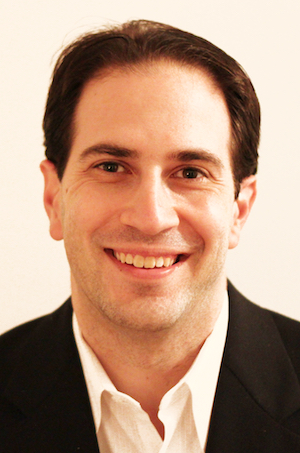The Lincoln School Foundation, in partnership with the Bemis Hall Free Lecture Series, is pleased to present a special lecture by Jal Mehta titled Learning Deeply at Scale: The Challenge of Our Times. His lecture will be held on Tuesday, May 1 at 7 p.m. at Bemis Hall in Lincoln.
A resident of Lincoln and associate professor at the Harvard Graduate School of Education, Jal has drawn on research from 30 schools across the country for his forthcoming book, In Search of Deeper Learning: Inside the Effort to Remake the American High School. His talk will explore what it means to understand something deeply, why such learning is rare in American public schools, and how some teachers and schools manage to transcend these realities and create powerful, intellectually-enlivening education.
We are grateful for his permission to reprint the first few paragraphs of his recent blog post at Education Week:
If there is one prevalent assumption that stands in the way of deeper learning, it is that you have to do "the basics" before you can engage in deeper learning. We see this idea in various guises. One version is the idea that deeper learning is fine for advantaged kids who come to school with significant amounts of social and cultural capital, but for students who don't get the "basics" at home they need to focus on it in school. Another version is something we frequently observe in high schools (of all stripes): a fairly prescribed course of study in grades 9-11, and then lots of interesting opportunities for seniors to make choices, take electives, and in other ways go deeper in areas that interest them. A third version is what Sarah Fine and I came to call the "Waiting for Godot" pattern: teachers would promise that the day we observed was when students were learning the "basics" that would provide the foundation for a deeper investigation that would come on a subsequent day. But we would go back, day after day, and that "deeper" moment would never arrive.
You can see the appeal of this idea. Foundations before choice. Learn the notes before you play the concerto. But while it is true that most fields have some sequential ordering of topics, it is also true that what David Perkins calls "playing the whole game at the junior level" has a lot of advantages. Perkins cites Little League as an example: we don't spend a year learning to throw, another to catch, another to bat; rather, we play the whole game of baseball from the beginning, just at the junior level. Playing the whole game gives young players a chance to see how the sport as a whole works, and, just as critically, it means that they get to see why one would want to play the sport. This engenders motivation, which is what provides the fuel to practice the parts. To return to music, even the youngest children play whole pieces of music in concerts, which is a critical part of what gives rhythm and meaning to the work.
There is also the fact that the "basics first" approach also tends to reproduce inequalities in schools. This line of thinking tends to foreground students' deficits over their assets; for disadvantaged and lower-track students, it serves to justify teaching as transmission and what Freire called the "banking model" of education. Writ large, this line of thinking is a powerful force for social reproduction--no matter how well-intentioned it is, the result in practice is that, yet again, the most privileged students are being taught how to think, whereas less advantaged students, who are often students of color, are being taught how to follow the directions of authorities. Research suggests this divide starts as early as kindergarten, and continues through high school.

